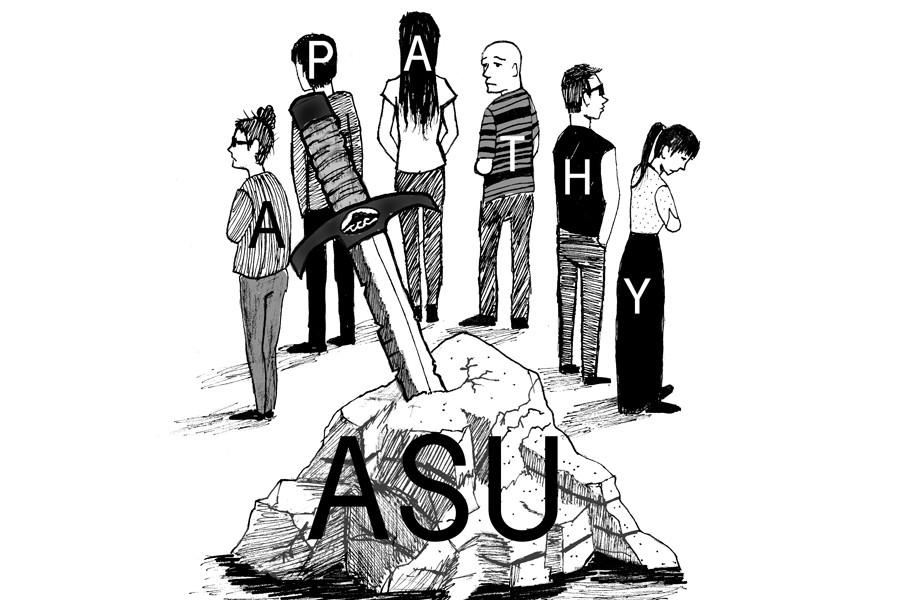Opportunity overlooked
Student voices must be active in college decisions, policies
Apr 28, 2015
Shared governance is not simply a responsibility, but a privilege, to ensure the development and implantation of sound educational policies in years to come.
This privilege is not only given to faculty, staff and managers within the Contra Costa Community College District, but to its students as well.
It is vital that students seize this fleeting opportunity of being able to implement lasting change by running for the top position, or at least a senator seat, in the Associated Students Union of Contra Costa College.
However, there are only two presidential candidates on the ballot as of press time Tuesday.
That is, unless another person comes forward — someone willing to bear the responsibility that comes with being involved in decisions that will affect the college and the district.
The Advocate urges students who are interested to submit an application to the Student Life Office located on the bottom floor of the Applied Arts Building. Although those who have served on the ASU Board are the only ones allowed to run for president, any student is welcome to petition to become a senator.
Students who are hesitant can get a glimpse of what the shared governance group does at weekly ASU meetings in AA-206 Thursdays at 2:30 p.m.
It is worthwhile for students to chime in because their concerns and opinions are seldom required in the decision-making process of the college.
Assembly Bill 1725, passed in 1988, recognizes that the basic principle that higher education and its governance derives not just from the power vested in the governing board, faculty and staff, but most importantly, in the student’s experience.
But without having a range of student perspectives being adequately voiced, how can CCC properly steer its vessel, intent on student success, away from the rocky cliffs and onto the sandy beach of professionalism?
The Advocate does not often look to Diablo Valley College to set an example, but its student union is much more active and transparent.
The Associated Students of DVC provide governing documents, financial documents, board meeting agendas and minutes all posted on dvc.edu for people to access from almost anywhere.
Meanwhile, ASUCCC only has a brief description, phone number and set of senator and representative application requirements posted online.
And while it does have a Twitter account @cccasu, not having adequate resources on the website only limits the flow of information to the student body.
A solution to this widespread apathy toward student governance at CCC is to express the importance of what the ASU does, what it has contributed to the college and what it plans to do — be it through pamphlets, websites, and social media.
Just like faculty, staff and administrators, who have to make adjustments based on a changing world, the students must share the weight in creating a better tomorrow.


